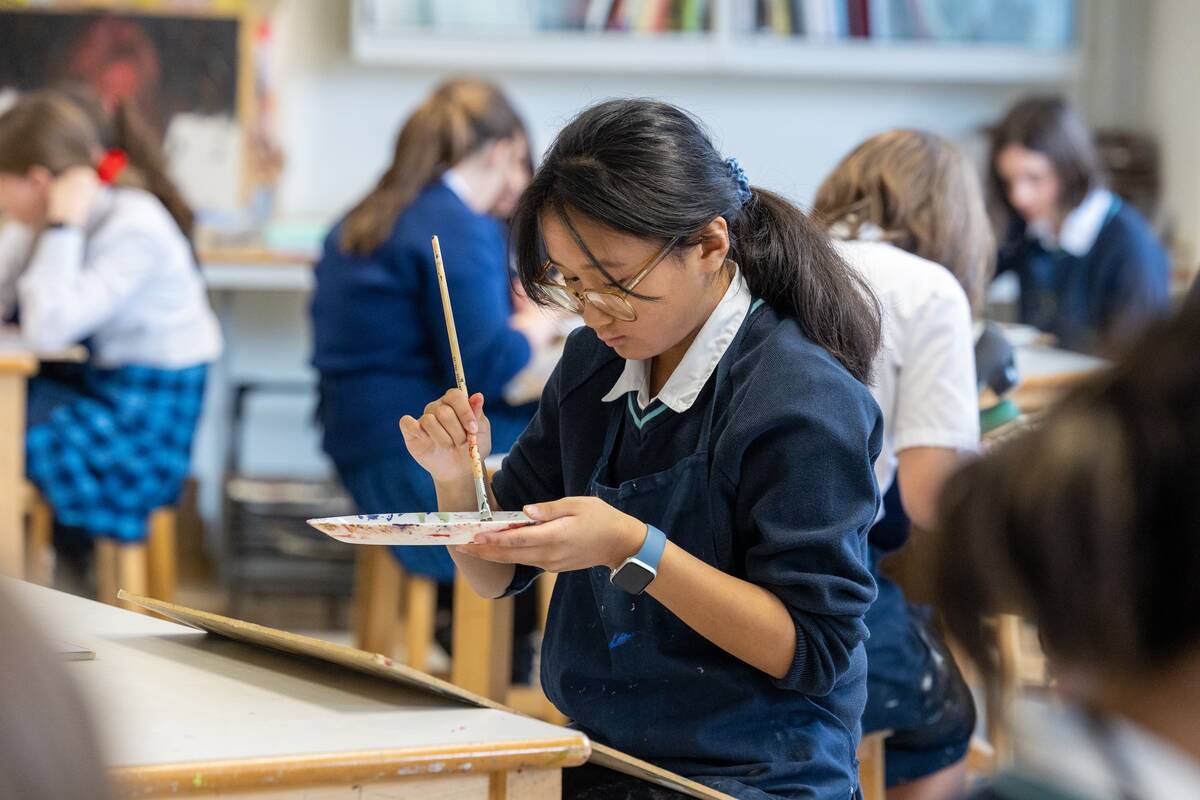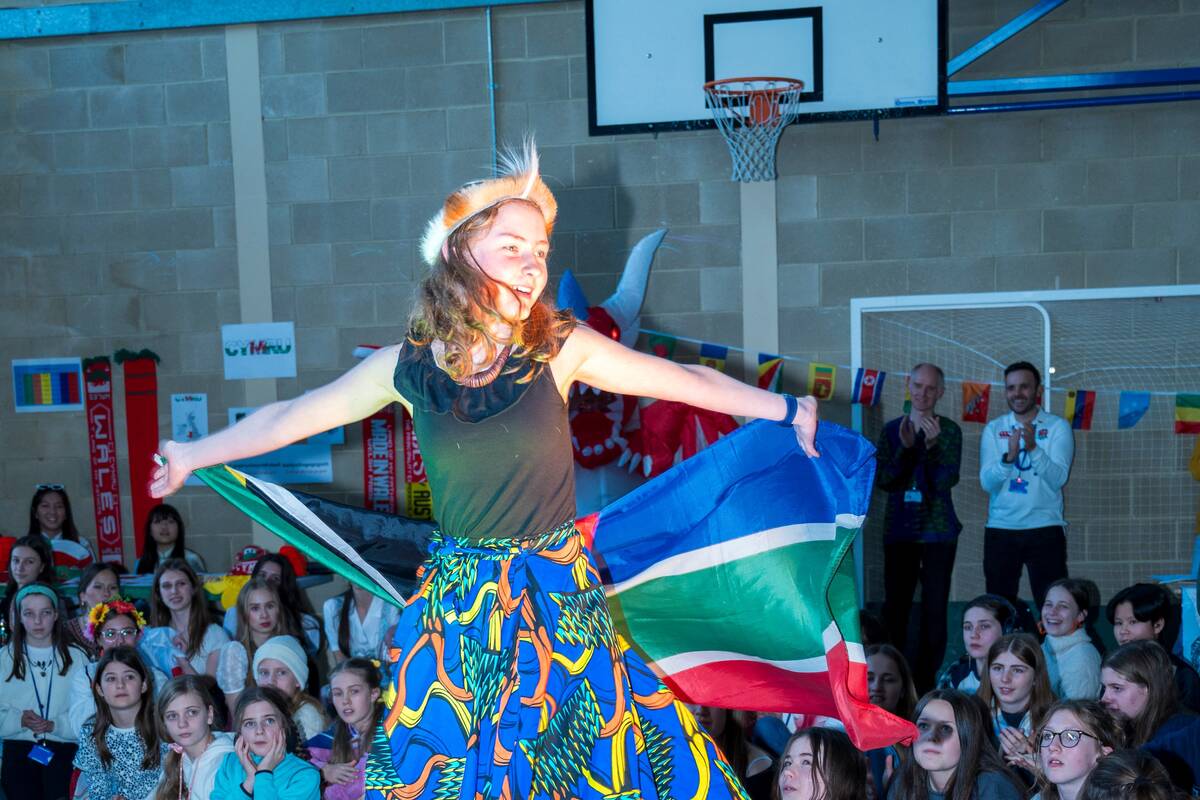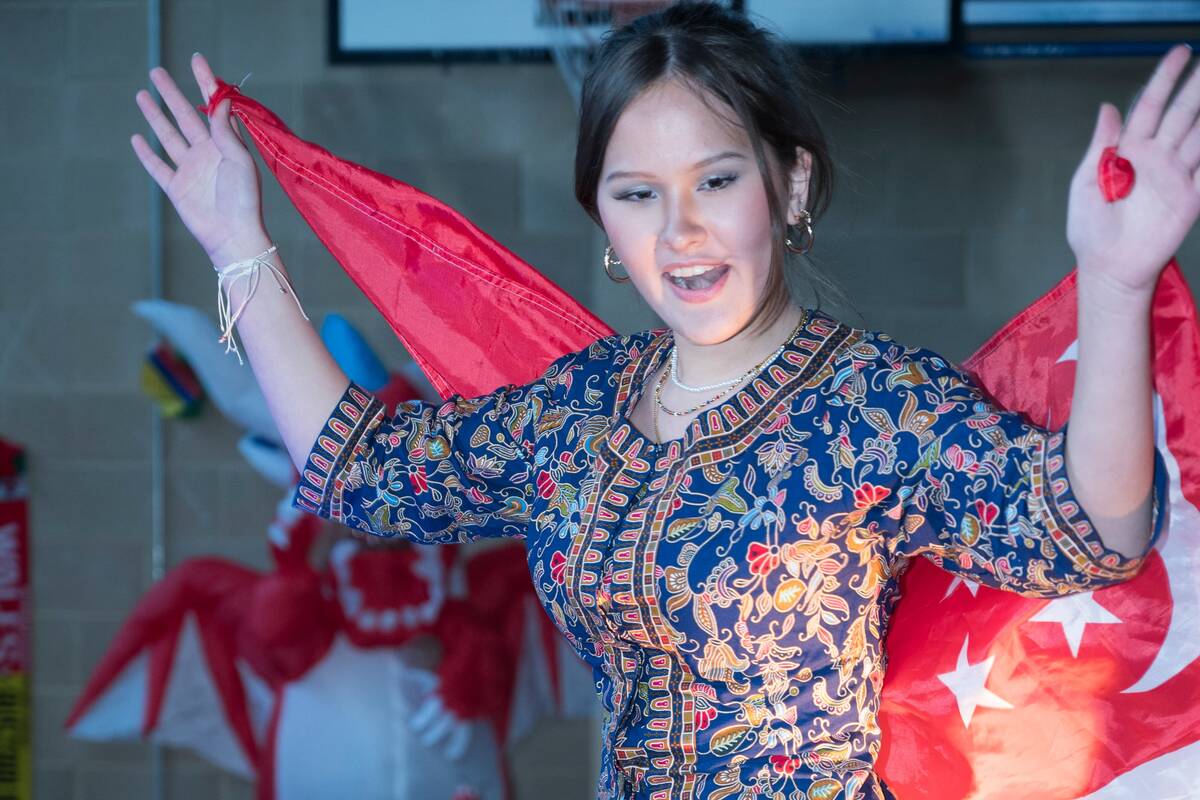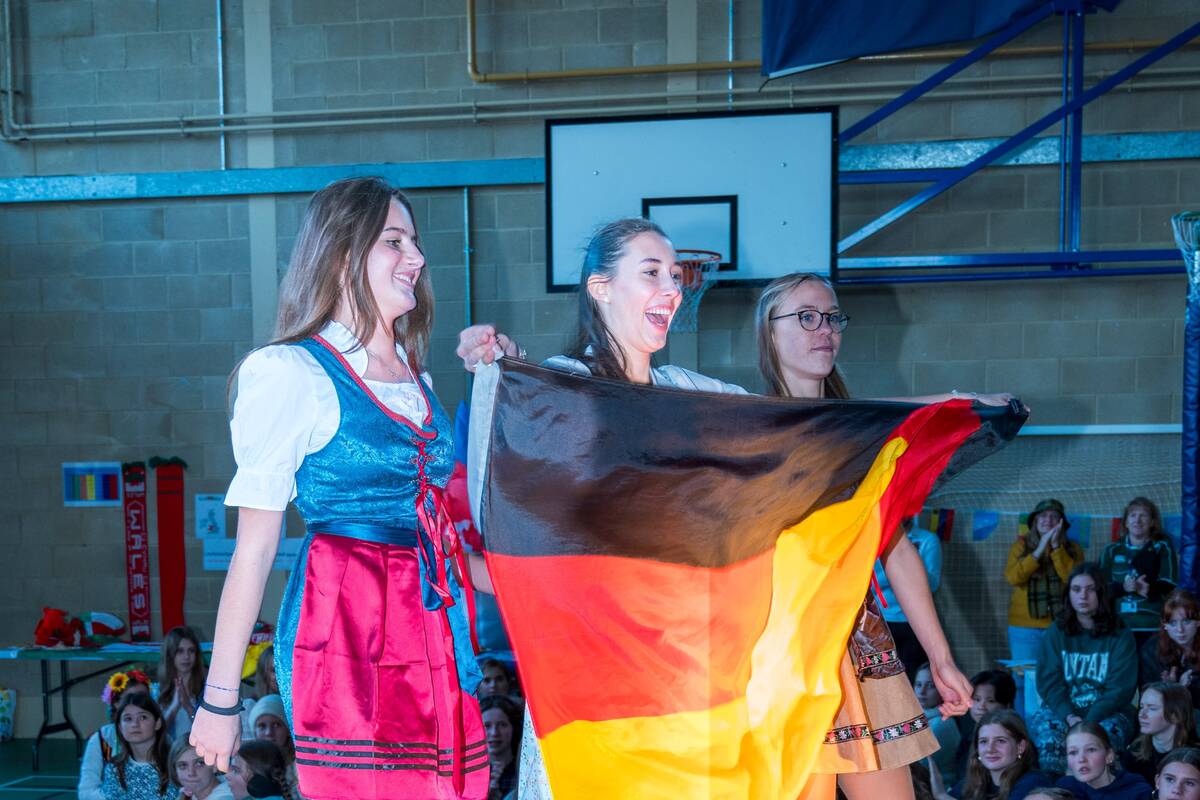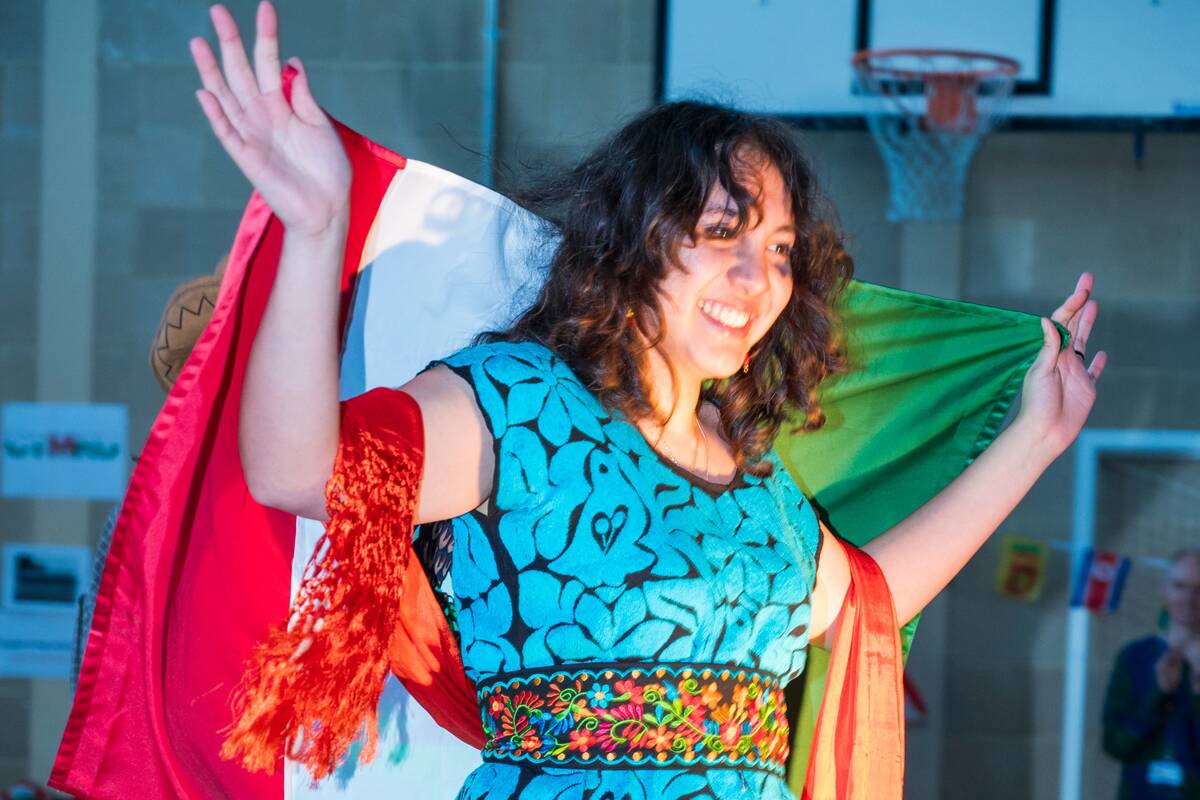Championing language, culture and confidence: EAL at Royal High
Expert voices, Senior School, Boarding
“ At Royal High, we see language as more than communication. It is a means of developing confidence, achieving academic success and connecting across cultures. For us, English as an Additional Language (EAL) is a priority which comes to life in every classroom. We place it at the centre of our curriculum and culture, ensuring that our international students are not only supported but fully enabled to thrive.”Natalie Cheers, Head of International Students
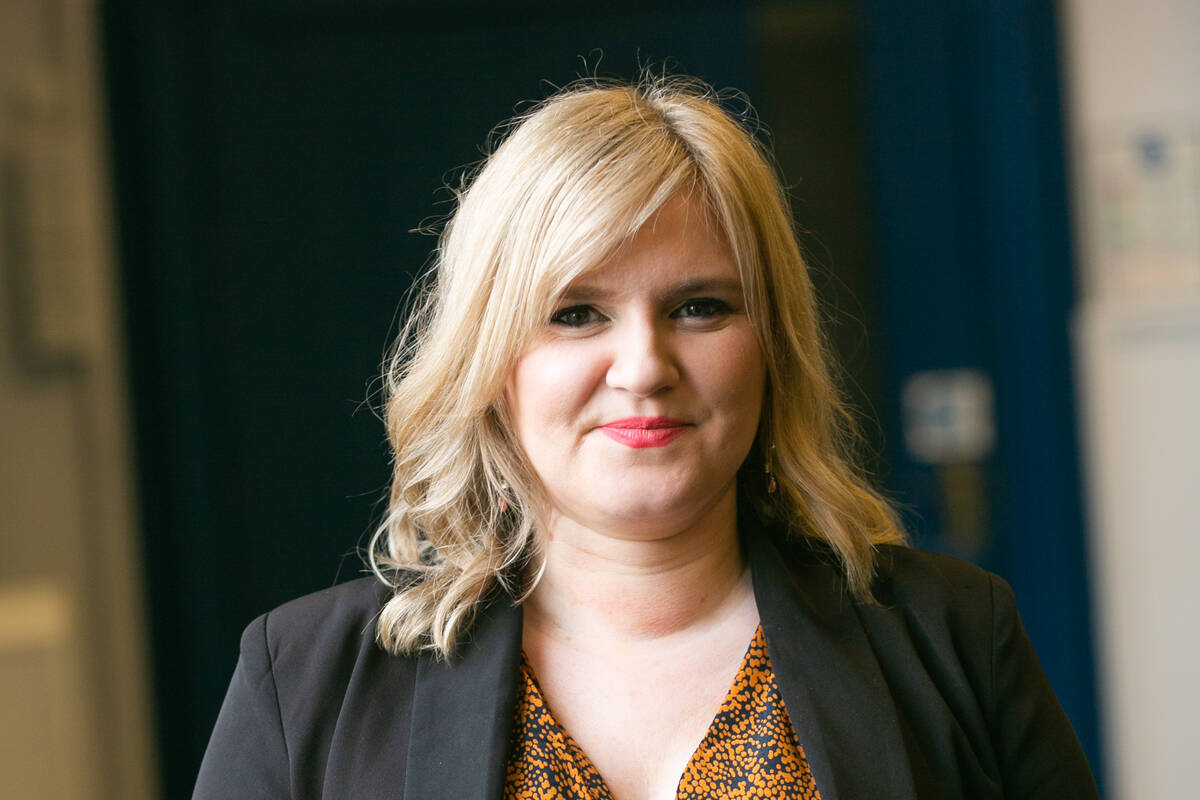
Our English as an Additional Language (EAL) provision has grown considerably over the past four years, and I am pleased to share some of the ways in which our students are flourishing.
A Curriculum Designed for Global Learners
Two years ago, we introduced a one year pre Sixth Form course which enables students to complete the IGCSE English as a Second Language and a selection of other GCSE courses in just 12 months. Alongside this, we have developed a bespoke Global English programme which builds research skills, critical thinking and students’ academic voices.
Literature at the Heart of Learning
Literature has a renewed and important place in our EAL provision. We use a combination of graded readers, young adult fiction and classics encouraging students to read more widely and with greater independence. These texts are carefully selected to build vocabulary, expose students to different registers of English and develop cultural understanding. We also teach the skills that underpin effective reading — from skimming and scanning, to inference and analysis — so that students can approach both academic texts and literature with confidence. By engaging with a range of genres, our students strengthen not only their English but also their enjoyment of reading, which we know is closely linked to long term academic success.
Our teaching is informed by Systemic Functional Linguistics (SFL), an approach that looks at how language works in different contexts. In practice, this means helping students see, for example, how the language of a science report differs from that of a history essay, and giving them the tools to adjust their writing and speaking to fit the subject and audience.
EAL and our educational vision
At Royal High Bath, EAL is a central part of our educational vision. We believe that supporting students with English as an additional language is essential and something every teacher weaves into their teaching practice, and we invest in it accordingly.
Our EAL team is highly qualified and experienced, with specialist training including CELTA, DELTA and Masters degrees in Applied Linguistics. As Head of Department, I am currently undertaking doctoral research in disciplinary literacy, which directly informs our practice and strengthens the links between language and subject learning.
This expertise means our students receive tailored, research-informed support, and our colleagues benefit from specialist guidance in embedding language development across the curriculum. By placing EAL at the heart of what we do, we ensure that our international students are not only welcomed but fully enabled to thrive.
Leading Across the GDST
Royal High Bath is at the forefront of EAL innovation within the Girls’ Day School Trust (GDST). I am delighted to have recently been appointed Network Chair for EAL across the Trust, reflecting the work we have done here and enabling me to support other schools within the GDST group.
Over the past few years, I have led the development of Trust-wide EAL assessments, including screening tools and skill specific benchmarks. We have also introduced pre interview language tests and delivered training to enable colleagues across the Trust to assess language proficiency with greater confidence during the admissions process. These assessments focus not just on accuracy, but on how well a student can express ideas, develop arguments and use subject specific language.
Research and Innovation
A particularly exciting development has been our involvement in the British Academic Written English in Secondary Schools (BAWESS) project, which I co-founded with colleagues at the University of Bath. Funded by the Economic and Social Research Council, this international study is creating the first large database of student writing across different school subjects. The project will investigate how students develop subject specific writing in exam years, and will create teaching resources to support success in high stakes exams such as GCSEs and A levels.
Our staff benefit from professional development with leading academics, while our students act as “language detectives”, learning how to write in the style of historians, scientists and mathematicians.
Action Research and Literacy Across the Curriculum
We are also engaged in action research with departments – in particular, our Religion and Philosophy and Physics departments work with students exploring how language shapes meaning in the classroom. These insights are helping us support all students, particularly those with EAL and SEN, in accessing academic language more effectively.
Crucially, we are working with teachers across the curriculum to embed disciplinary literacy, showing how the specialised language of each subject can be made clear and accessible for learners. This collaborative approach ensures that students develop the ability to read, write and think like scientists, historians, mathematicians and artists, strengthening both subject knowledge and confidence.
In collaboration with our library, we are further investigating the impact of young adult fiction compared with graded readers on students’ motivation to read for pleasure, using student feedback to refine our approach.
Student Leadership and Community
Our International Student Leadership Team continues to grow. With international prefects, Sixth Form Heads of the International Association and Year Group Leaders, the team plays an important role in school life. They meet regularly to plan events such as the International Gala, lead workshops and support new students in settling into Royal High.
This year we are also introducing intercultural communication sessions for all students through tutor time, helping to prepare every member of our community to live, study and work in a global world.
Looking Ahead
Looking to the future, we are embedding the Global English programme more deeply into our curriculum, expanding our Sixth Form reading group, and launching subject linked writing competitions. I will also be delivering the Lexis Education Teaching in English in Multilingual Classrooms (TEMC) course to teachers in school this term, and across the GDST from the spring term.
We are proud to be leading the way in disciplinary literacy and language development, for the benefit not only of our international students but of all learners.
I’m excited to continue to develop this important strand within Royal High and look forward to working with the new cohort of international students joining our school in September.
